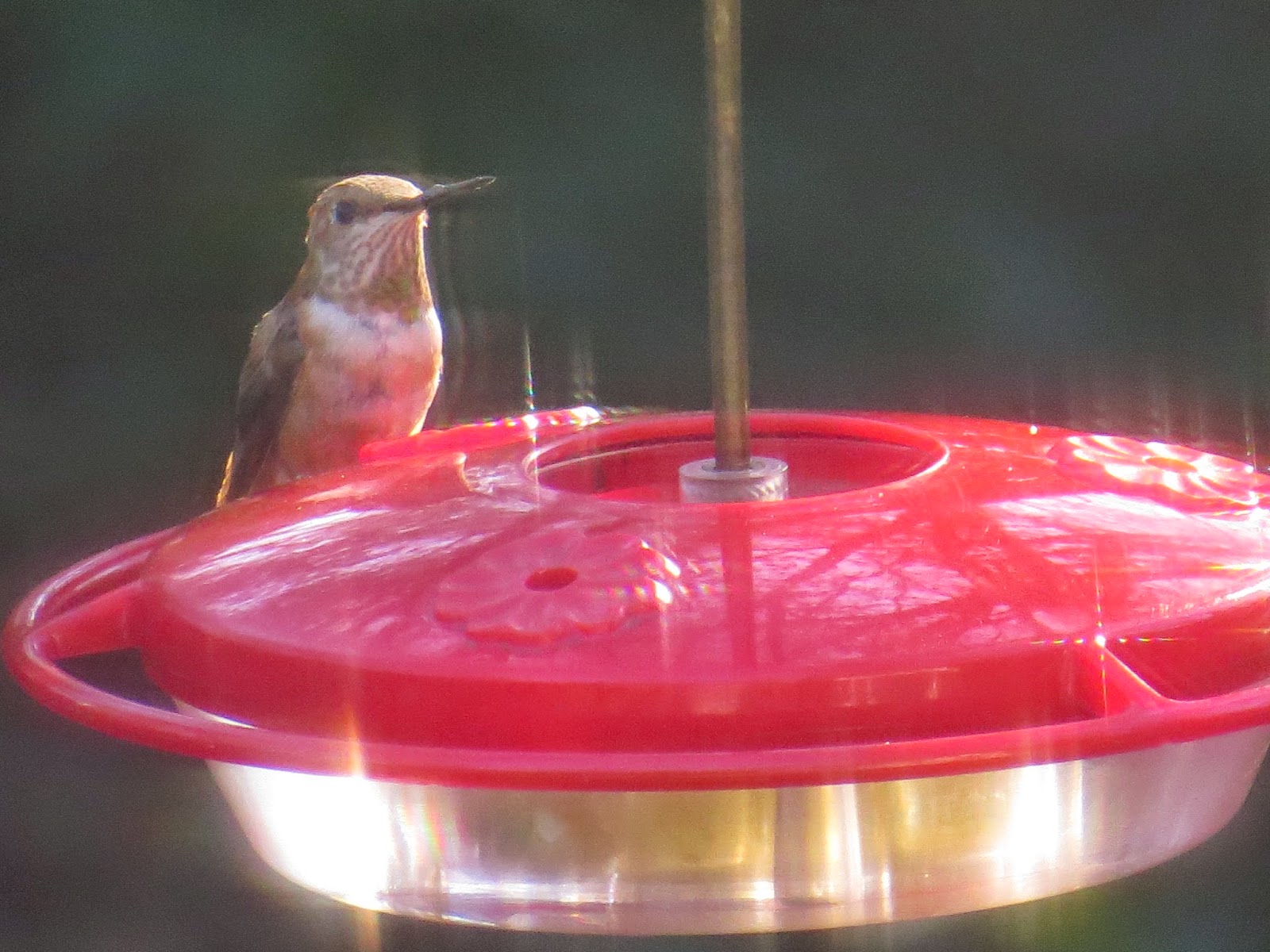Last week, I discussed a genetic mutation that can change migrations and allow some birds to help them colonize new regions of the world. I thought that this week, we would discuss how mutations can change the nature of animals themselves. I've included three pictures of bird hybrids that I've been lucky enough to see. These animals exhibit interesting mixes of behavior. For instance, the Domestic X Canada Hybrid I found at Lake Henderson acted like a Domestic Goose even if they were bigger and very differently colored that the other Domestic Gooses in their flock.
In some cases hybridization can be dangerous. In the case of the American Black Duck X Mallard Hybrid, many people believe that hybridizations like this are putting serious pressures on the American Black Duck population that is currently experiencing some big drops. Hybrids are essentially a waste an opportunity to add productive members back to the population. This is also occurring with Golden-Winged and Blue-Winged Warblers and some speculate that hybridization with Bachman's Warblers added serious and significant pressure to that species decline.
What hybrids have you guys seen?
Domestic X Canada hybrid
Tricolored X Little Blue Hybrid
American Black Duck X Mallard Hybrid
Wild Bird Wednesday - Link Here
Cornell Lab of Ornithology Article on Hybrid Geese - Link here
Was the Labrador Duck a Hybrid? - Link here









